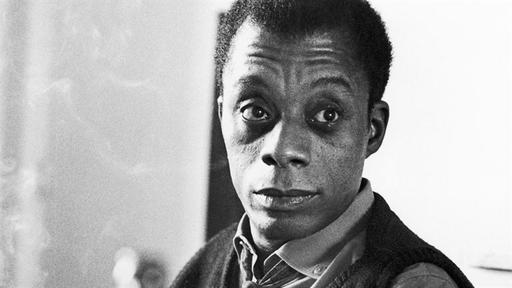Last week I read “Giovanni’s Room” by James Baldwin, it was my first encounter with Baldwin I admit, and a highly pleasant one.
In an introduction to a new edition of “Giovanni’s Room” Colm Tóibín explains why.
‘As David and Giovanni meet, one can see the influence of Hemingway once more: “I watched him as he moved. And then I watched their faces, watching him. And then I was afraid. I knew that they were watching, had been watching both of us.’’ But he follows this, soon, with passages that are pure Baldwin, that have a gorgeous, fearless sound, tempered by dark knowledge and pain, that makes clear that he was ready to become the greatest American prose stylist of his generation, such as when, at the end of Chapter 2, the memory of Giovanni is evoked: “Until I die there will be those moments, moments seeming to rise up out of the ground like Macbeth’s witches, when his face will come before me, that face in all its changes, when the exact timbre of his voice and tricks of his speech will nearly burst my ears, when his smell will overpower my nostrils. Sometimes, in the days which are coming—God grant me the grace to live them—in the glare of the grey morning, sour-mouthed, eyelids raw and red, hair tangled and damp from my stormy sleep, facing, over coffee and cigarette smoke, last night’s impenetrable, meaningless boy who will shortly rise and vanish like the smoke, I will see Giovanni again, as he was that night, so vivid, so winning, all of the light of that gloomy tunnel trapped around his head.”’ (…)
‘No feeling is stable in this novel, which attempts by a set of opposing images to find a place where something finally can be said that is true, even if it is too late. Perhaps, oddly enough, this effort at a healing dialectic is all the more necessary, and urgent in its tone, because it will make no difference. Later, as the story comes to an end, David will confess his immense confusion: ‘‘I do not know what I felt for Giovanni. I felt nothing for Giovanni. I felt terror and pity and a rising lust.’’ Like Strether in “The Ambassadors” and Jake in “The Sun Also Rises,” the narrator of “Giovanni’s Room” will suffer from his own inability to love, thus increasing his outsider status, increasing his ability to observe others more sharply and cause pain to himself. Giovanni will tell him: ‘‘You do not love anyone! You never have loved anyone, I am sure you never will!’’’
Read the complete introduction here.
It’s telling that Tóibín connects the inability to love to the outsider status. Of course the narrator is not the author, but the status of outsider may be the best bet for any author.
You don’t need to belong to a minority for this status, inability to love will do.
